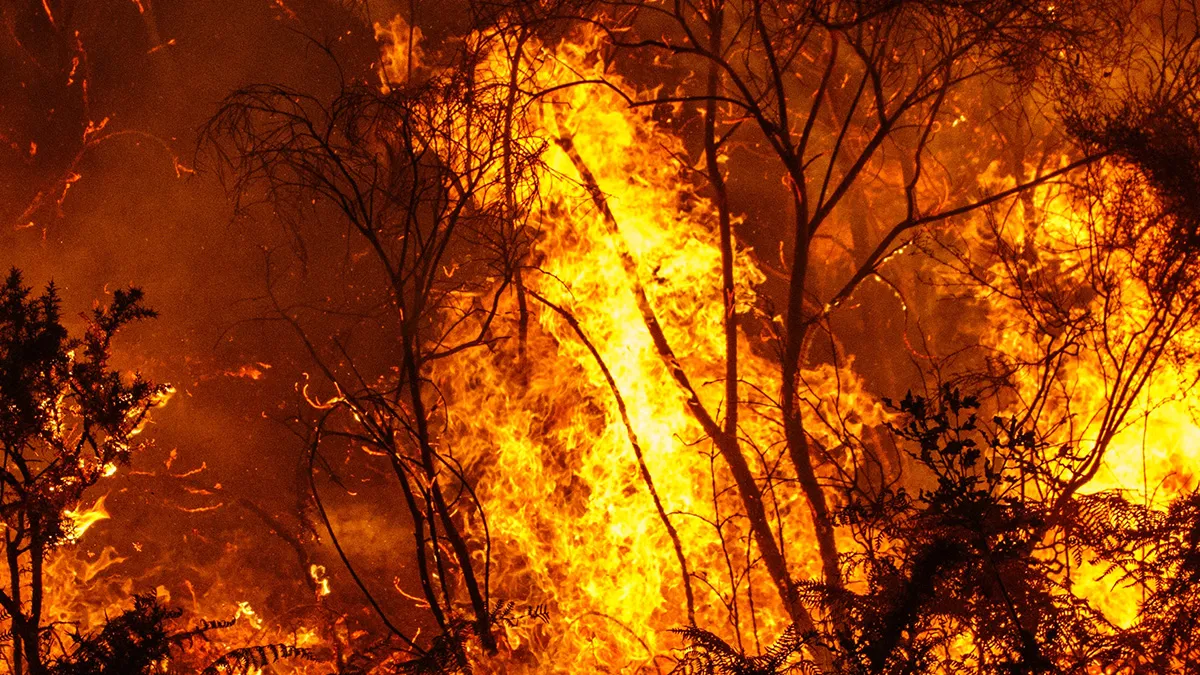All of 2023 was an exceptionally dry year for Panama. In October, the Panama Canal reported 41% less rainfall than usual, highlighting the need for community-based forest fire preparedness in the face of a changing climate.
The climatic conditions have created more dangerous conditions for communities and farmers across Panama who traditionally carry out agricultural burns just prior to the start of the rainy season (May - December) when they plant.
Wounaan Biocultural Forest Restoration is a project funded by the US Forest Service International Programs and implemented through a cooperative agreement with Native Future. In 2023, we trained and equipped three brigades of volunteer firefighters from Rio Hondo, Rio Platanares, and Maje, and participants from Puerto Lara and Aruza. In March, 2024, the brigades - twenty six volunteers from Rio Hondo, Rio Platanares, Majé and Puerto Lara (five women and 21 men) - came together again for their annual training. They participated in a three-day workshop where they learned and practiced Incident Command Systems (ICS), forest fire fighting and community fire management planning.

In the first day, they learned ICS concepts of resource management, command and coordination and communication and information management. On the second day of the workshop, trainers led participants through an on-the-ground fire-fighting practice and the application of command and communication concepts, assigning participants to role play Incident Commander, Operations, Planning, Logistics and Finance/administration. Their practice consisted of managing the response to a fire with the three brigades and cutting a fire break between a parcel of reforestation and an agricultural field.

On the third day, the participants engaged in initial community fire management planning exercises. Wounaan community Indigenous fire management plans seek to strengthen practices that control and prevent wildfire within the communities. Participants worked through questions about the importance of fire in Wounaan history and culture and how both fire and culture impact regional and local ecosystems. The groups created fire history maps of their communities, assessing the impacts of the forest fires and how they responded. Participants identified actions the communities could take and that could be included in the community fire management plan, including to prevent forest fire in places where there is greater threat, such as where colonists have invaded their territories, cutting fire breaks around areas they want to protect, carrying out patrols, establishing surveillance points and, above all, educating their communities how to safely burn their agricultural plots.
The importance of this three-day training became acutely apparent just two weeks later. Both the communities of Puerto Lara and Maje found themselves unexpectedly threatened by forest fires. The Puerto Lara fire, approximately 80 hectares, required reinforcements from surrounding communities to extinguish. The Maje fire, March 31, was successfully extinguished by seven members of their new volunteer brigade, the Guacamayos, over a four hour period.
The fires underscore the importance of the annual training the USFS has been able to provide, and of community fire management planning.
##






